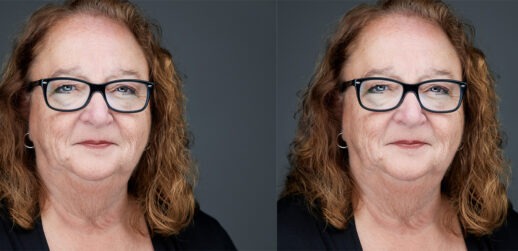Hurt, anger and dire predictions. That’s a summation of the outpouring of reaction in the days since Marriott International announced it would cut the standard 10 percent booking commission for third-party services to 7 percent for U.S. and Canadian hotels. The cut is to start in April. Planners says the move could force increased fees to corporate clients and fewer options for sourcing experts—and decry what appears to be an exemption for major planners.
“While group intermediaries play an important role in the marketplace, costs for our North American hotels and owners are growing at a faster pace than group revenue, which impacts hotel profitability,” read the letter sent Jan. 24 from Tammy Routh, vice president of global sales for Marriott. He said the reduction in commissions would “strike a balance and ensure the long-term health of our business.”
Many planners see it otherwise. “It is unfortunate when a hotel does not necessarily see the value of a third-party planner and their contracting influence, and this most recent change just reinforces that this issue is becoming more prevalent,” said Renee Radabaugh, founder of Paragon Events and Cultural Explorations. “It seems as though numbers—perhaps through a revenue department—have come into play, and that there is a ‘need’ to cut costs or increase revenue.” She added that the decrease in commission lessens the value of the professional planner and the service they provide to their clients. Many planners calculate a portion of their services in exchange for some portion of the commission.
Radabaugh, whose company is based in Delray Beach, Florida, expresses her hope that other hotel brands “remain wise and respectful of the planner and their buying power, and take this as an opportunity to further build and strengthen their relationships with them. Ultimately, people do not want to take their business where it isn’t valued or recognized, and only time will tell how this move will affect the brand long term.”
In a Smart Meetings Twitter poll over the weekend, the majority of respondents were not optimistic that would be the case. More than half, 57 percent, predicted other properties would follow Marriott’s lead and expressed concern about impact on the industry. Some 75 percent said a move to cut fees to third-party planners would lead to increased consolidation in the sector.
One hospitality brand, Preferred Hotels & Resorts, reacted by increasing commissions during a special promotion. The “We Appreciate You” promotion will add 1 percent commission—for a total of 11 percent—and 150,000 Prefer Rewards Points for planners who book more than $100,000 in business over the next 60 days, with some restrictions. Preferred, which is celebrating its 50th year, encompasses 310 properties in North America. About 90 percent of them are included in the offer.
Elaine Macy, executive vice president of global group sales for Preferred Hotels, said in a statement, “I think this will be the wave of the future for the larger chains. Looking ahead, I believe we will see that most large franchise brands will reduce commissions across the board and then have some type of back-end volume bonus for the major third-party planners…and cut out the smaller independent planners.” She pledged that Preferred would maintain its standard 10 percent commission for planners of all sizes, giving the brand more visibility in the industry and attracting business it might not have had the opportunity to bid on before.
Breaks for Big Planners?
Marriott International threw more fuel on the fire Friday by confirming not all third-parties would be treated the same. The company said it is “honoring existing contracts,” and four large companies will reportedly not see reduced commissions: HelmsBriscoe, HPN Global, Maritz Global Events (Experient) and ConferenceDirect.
Senior Planners Industry Network (SPIN) started a petition Friday, asking Marriott for commission parity for all intermediaries. “Regardless of the pricing structure our members use, why should they get a lower commission than larger group-booking companies?” asked Shawna Suckow, SPIN’s founder.
Tracey Smith, SPIN’s new executive director said it was important to take action because “other industry associations haven’t taken a stand against this; we felt we needed to help be the voice for our members who will be impacted.” She estimated 40 percent of her members—planners with more than 10 years of experience—are independent.
On Thursday, Paul Van Deventer, president and CEO of Meeting Professionals International, released a statement saying, “As an association, MPI’s focus is on ensuring the long-term and sustainable financial health of the events industry, and raising the professionalism of those who work in it. MPI’s membership consists of a broad and diverse community of event professionals who are directly and indirectly impacted by this decision, including thousands of third-party planners, the global hotel brands and numerous Destination Marketing Organizations (DMOs). Third-party organizations have become an integral part of the live events industry value chain and are a proven and important resource for planners, destinations and venues. As in any business relationship, the value of services provided needs to be determined by the organizations benefiting from said services.”




